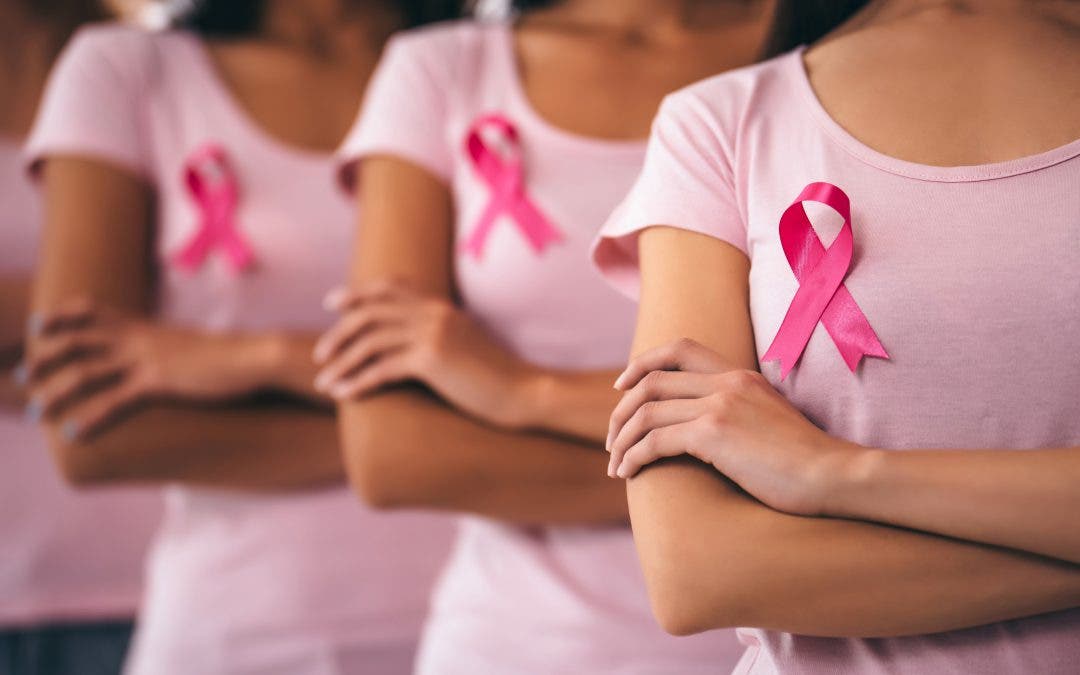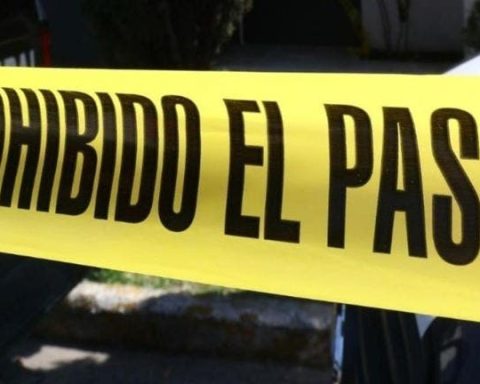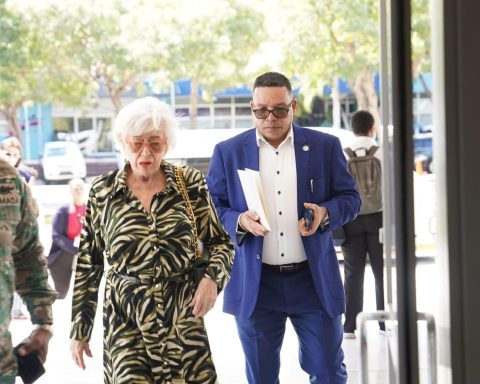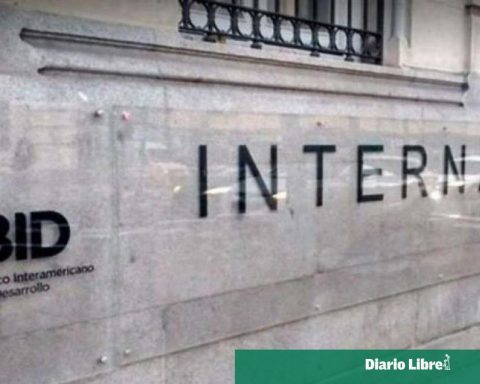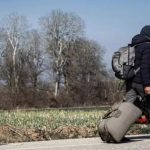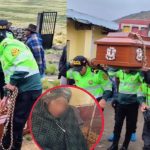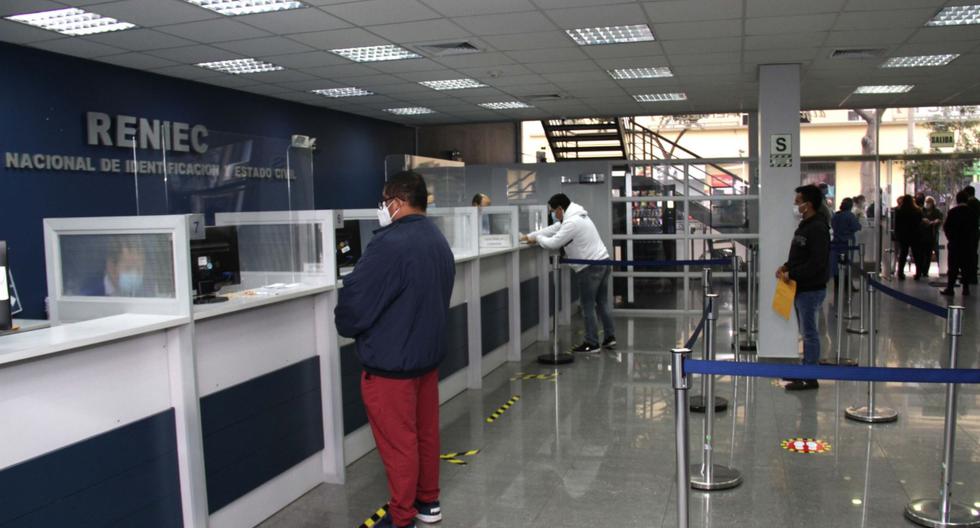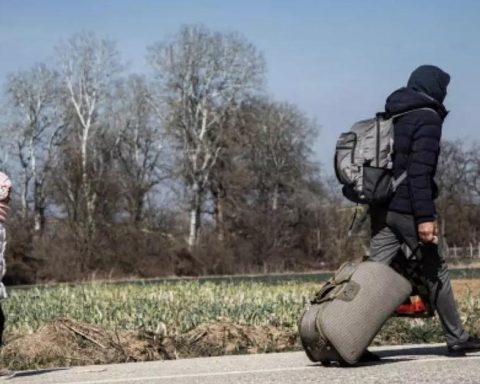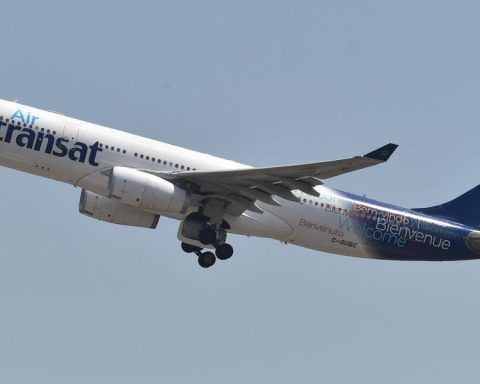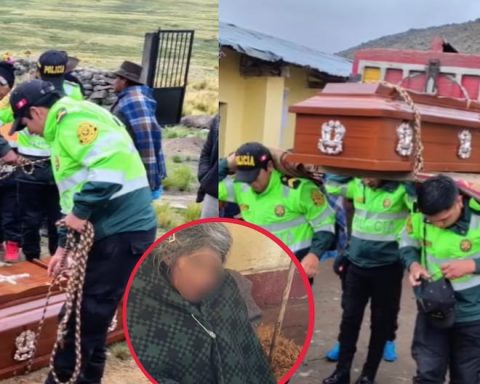Santo Domingo.- «Self-examination is not useful for early detection of breast cancer”, according to the observation of the director of the Rosa Emilia Sánchez Pérez Tavares National Cancer Institute (Incart), José Ramírez Feliz, who pointed out that the United States eliminated that option from the advice issued by the population.
However, the surgeon clarified that it is not bad, because it is good for women to know their bodies, “but to diagnose cancer early it is useless because for you to be able to touch a small ball in your breast, you must have at least two centimeters in diameter. It’s not early anymore.”
The director of Incart proposes that this study begin in the country at the age of 35 because 15% of Dominican women with breast cancer It becomes affected by the disease before the age of 40, unlike the United States, it is a disease of adult ages, 60 to 65 years.
You may also like: breast cancer program
When interviewed on the program “No se dice más”, which is broadcast by Top Latina 101.7fm, the surgeon pointed out that the correct age to start having sonography and mammography is from the age of 40, and that through those studies what is pursued “is to be able to fish it early”. He said that the most prudent thing is to have these studies done annually.
How do you know if you are at risk for cancer?
That’s what the BRCA1 and BRCA2 gene test is for, a blood test that can tell if you’re at increased risk of cancer.
He said it’s done through a sample of blood, saliva or cells from your cheek to look for changes in the BRCA1 and BRCA2 genes, which may increase your risk of cancer. Changes in your genes are known as genetic variants or mutations.
In the country, the only laboratory that performs this test is Reference and is covered by medical insurance.
“The test has limitations. Only people who have had two or more cases of breast or ovarian cancer in their family are accepted,” Ramírez clarified.
